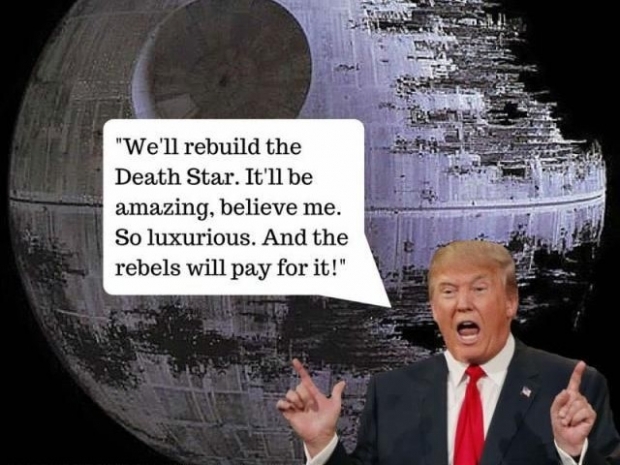Commerce Secretary Wilbur Ross said the rule, released in May, expands US authority to require licenses for shipments of some foreign-made chips to the telecoms equipment giant. It was drafted after China hardliners in the administration became frustrated that Huawei’s blacklisting last year by the United States over national security concerns did not go far enough to cut off its access to global supplies.
But industry lawyers and some lawmakers see the rule as overly complex, unclear, and riddled with gaps that some allege leave key transactions beyond the purview of the controls.
Of course that would not stop the Trump administration forcing it through because there are only loopholes if you test for them. If you don’t test, then they are not there.
Ross said in a statement to Reuters: “We reaffirm that we will implement the rule aggressively and pursue any attempt to evade its intent.”
HiSilicon is the chip arm of Huawei, whose placement on a US blacklist last year forced some suppliers to seek licenses before shipping to it. The United States alleges that the Chinese government could use Huawei’s equipment for espionage, which Huawei denies.
One industry source said the law was not written that well and there are loopholes and walkarounds and exit ramps legally.
However, no one is saying what the loopholes are, perhaps in the hope that Huawei’s lawyers will not notice.




